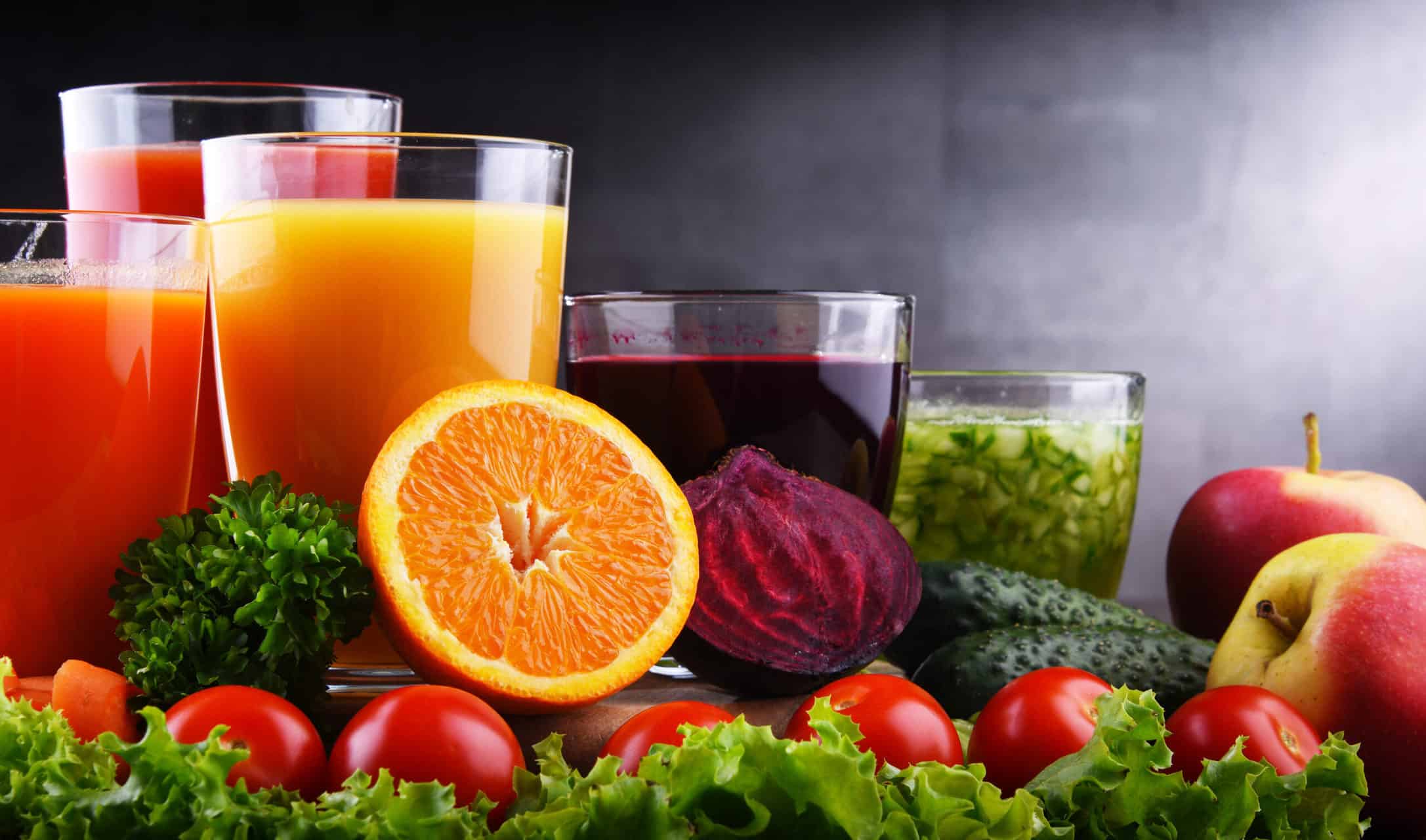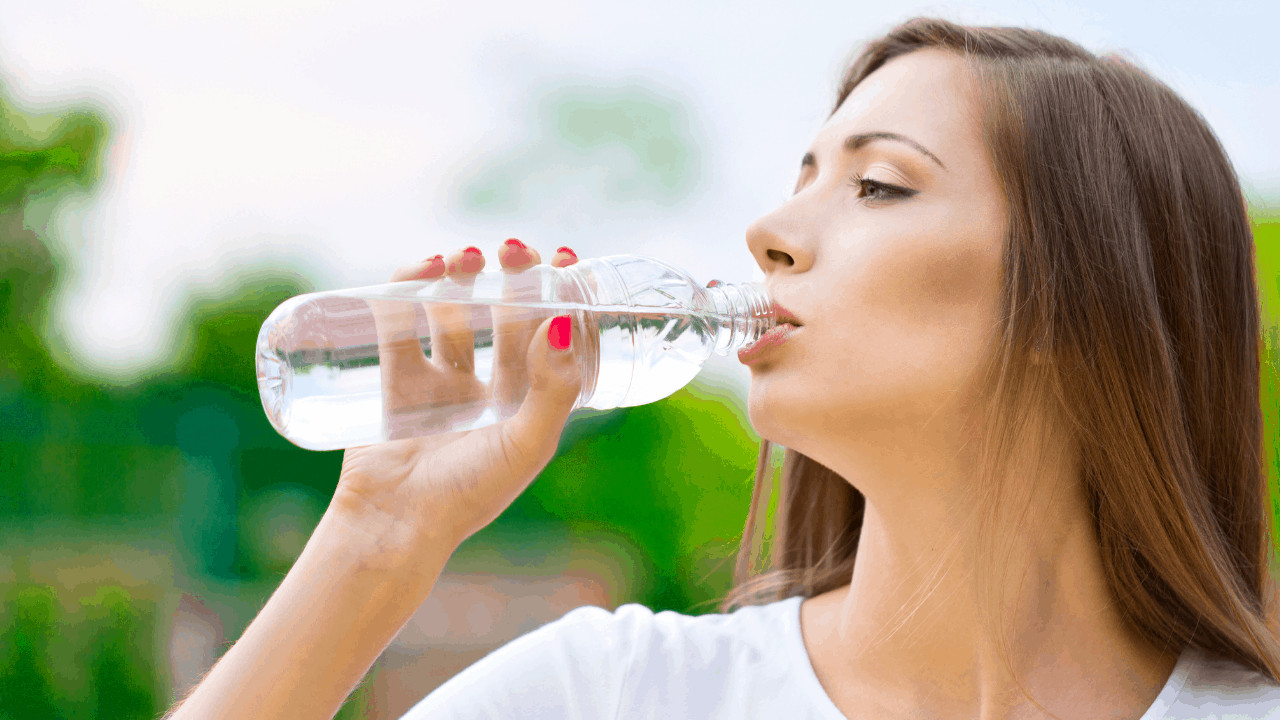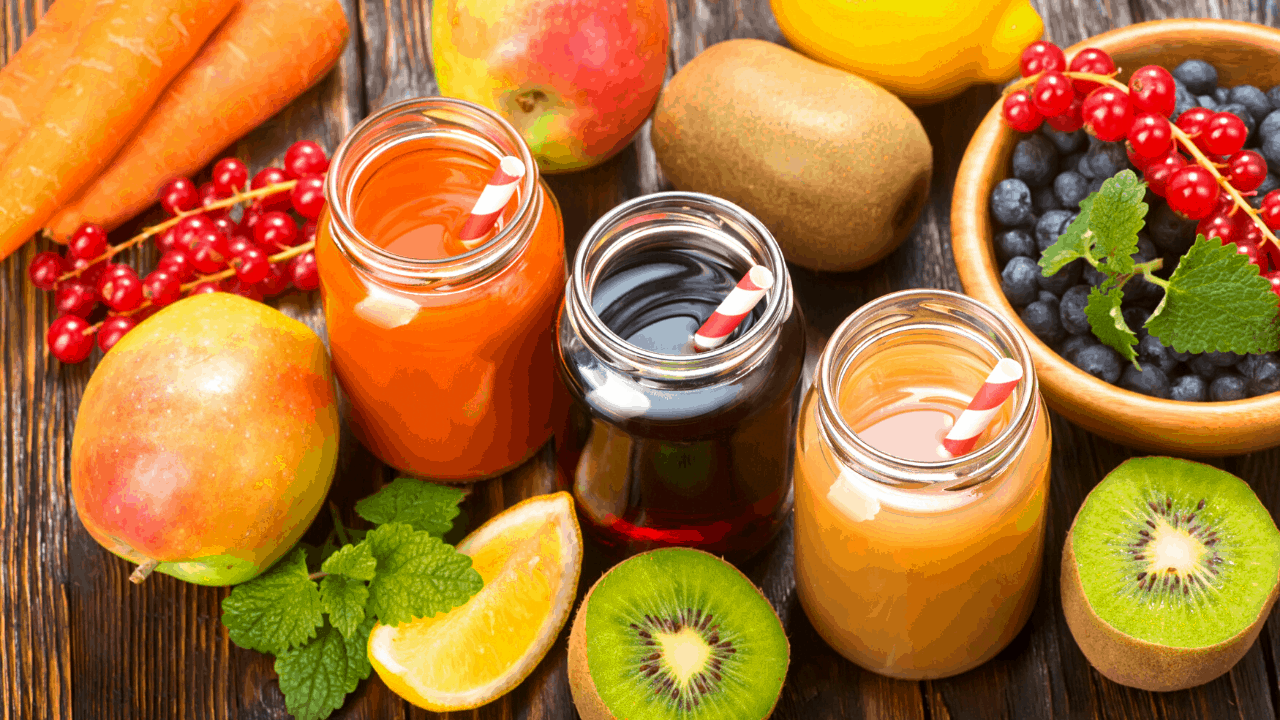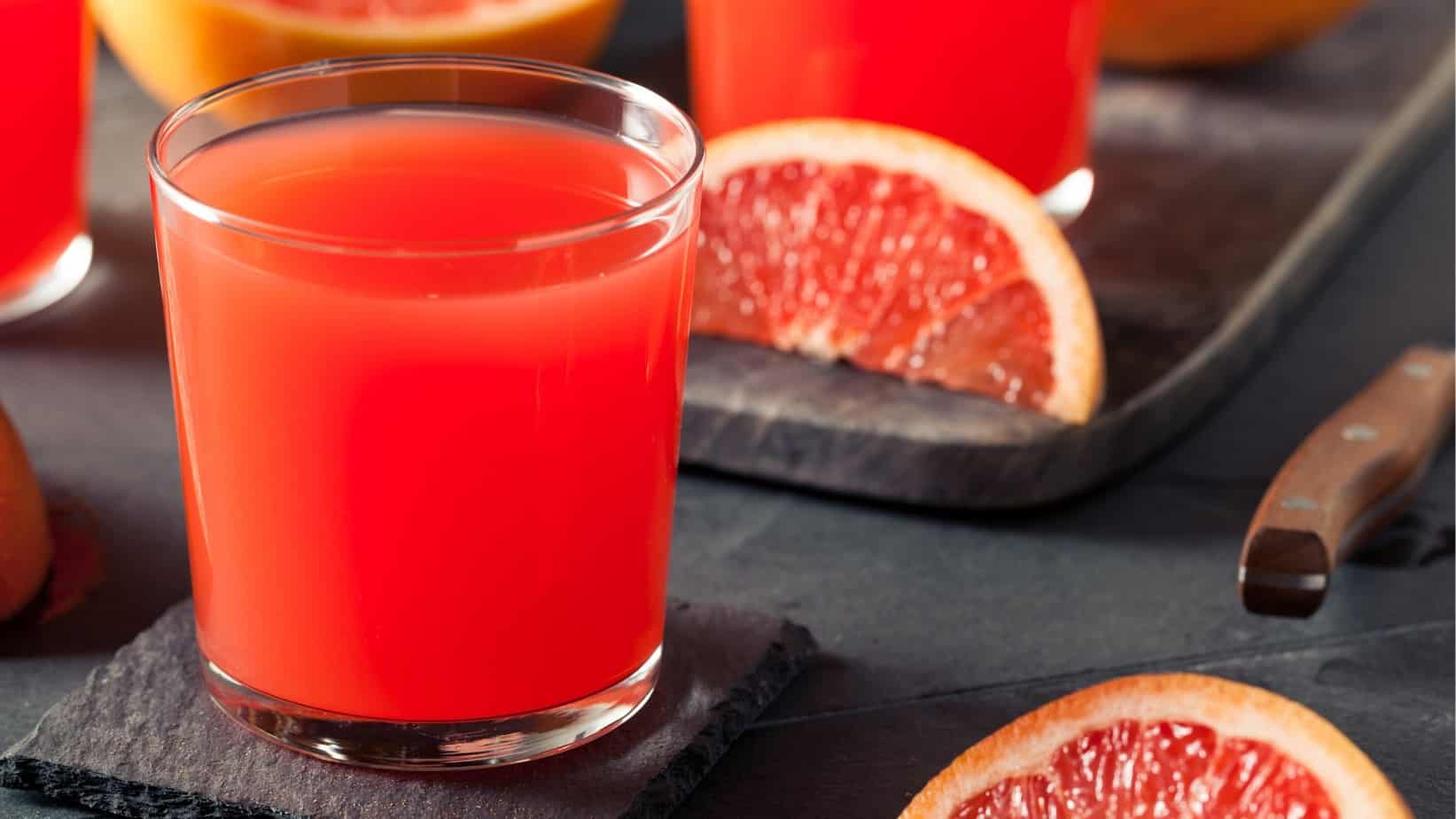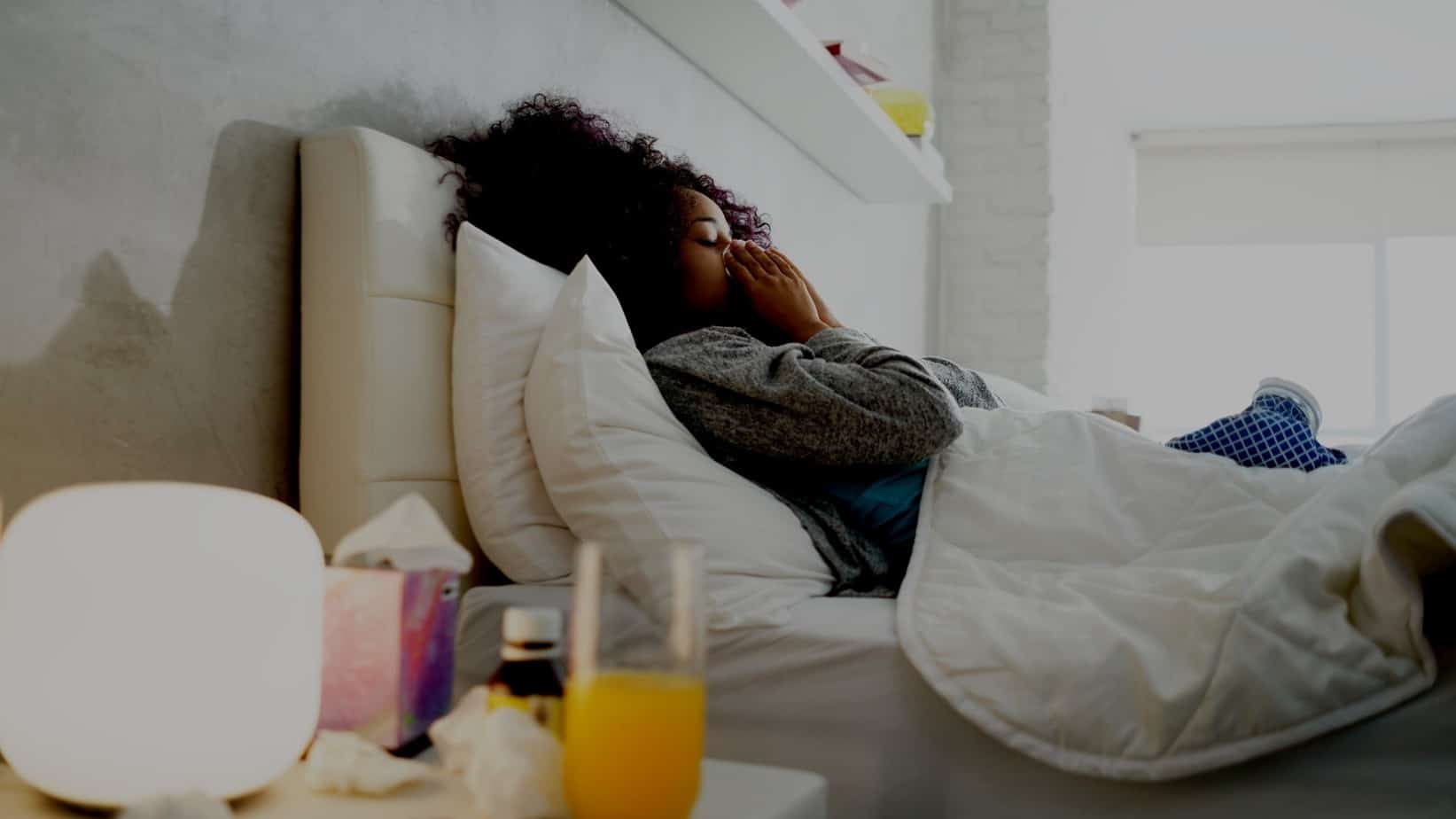To juice or not to juice? In the past few years, the craze has swept across the world with more and more people hopping on the juicing bandwagon.
Juicing, the process of pressing or squeezing fruit or vegetables, removing the pulp, fiber, and solid matter leaves a liquid that is not only delicious but also large amounts of antioxidants, vitamins, and minerals. What is there not love?
But the juicing “facts” swirling around the internet are endless…
Juicing cures cancer!
Juicing speeds up metabolism!
Juicing helps your body’s healing processes!
It would be easy for anyone to get swept up in these seemingly remarkable claims After all, the cult-like following that of people that believe in the health-giving superpowers of liquidized fruit and vegetables grows on the daily. It is no wonder that has become increasingly difficult to sort out the difference between the juicing facts and myths.But, here at Drink Filtered we investigate some of the most common myths about juicing and sort out the fact from the fiction once and for all.
Juicing For Weight Loss
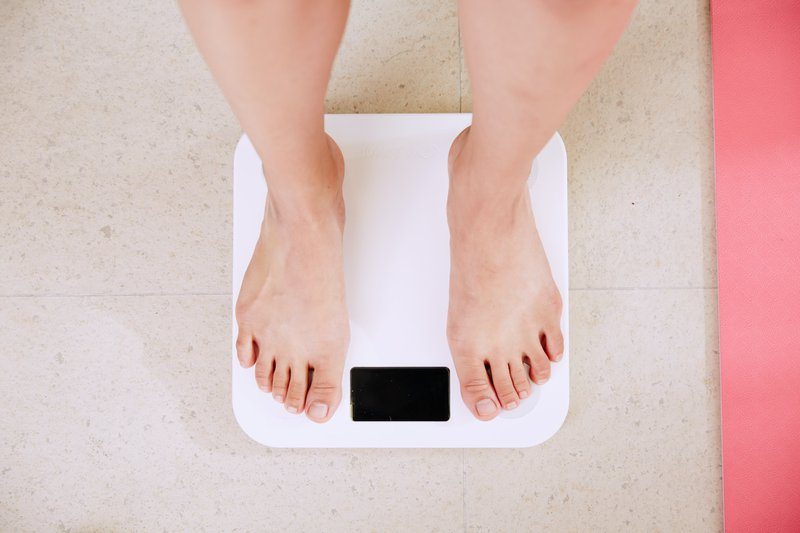
Most people who embark on a juicing diet do so with hopes of shedding a few pounds quickly. To lose weight, the body needs to burn more calories than it takes in, either through decreased caloric intake or increased expenditure (i.e. exercise).
So, it makes sense that a drastic calorie reduction will result in weight loss, right? Well, sort of…
A juicing detox diet involves a temporary reduction in calorie intake, which usually results in an immediate and drastic loss of weight. The average calorie intake on a juicing diet is between 600-1000 calories per day.
A 2017 case study found that most people will lose an average of two pounds after a three-day juice detox. However, as with most fasting-based diets, this weight loss is usually temporary. In fact, a drastic reduction in caloric intake can have negative effects on the metabolism which can lead to problems when a regular diet is re-initiated.
Juicing results in the short term weight loss, but the pounds you shed usually come back as soon as the detox is complete.
Juicing For Easier Digestion
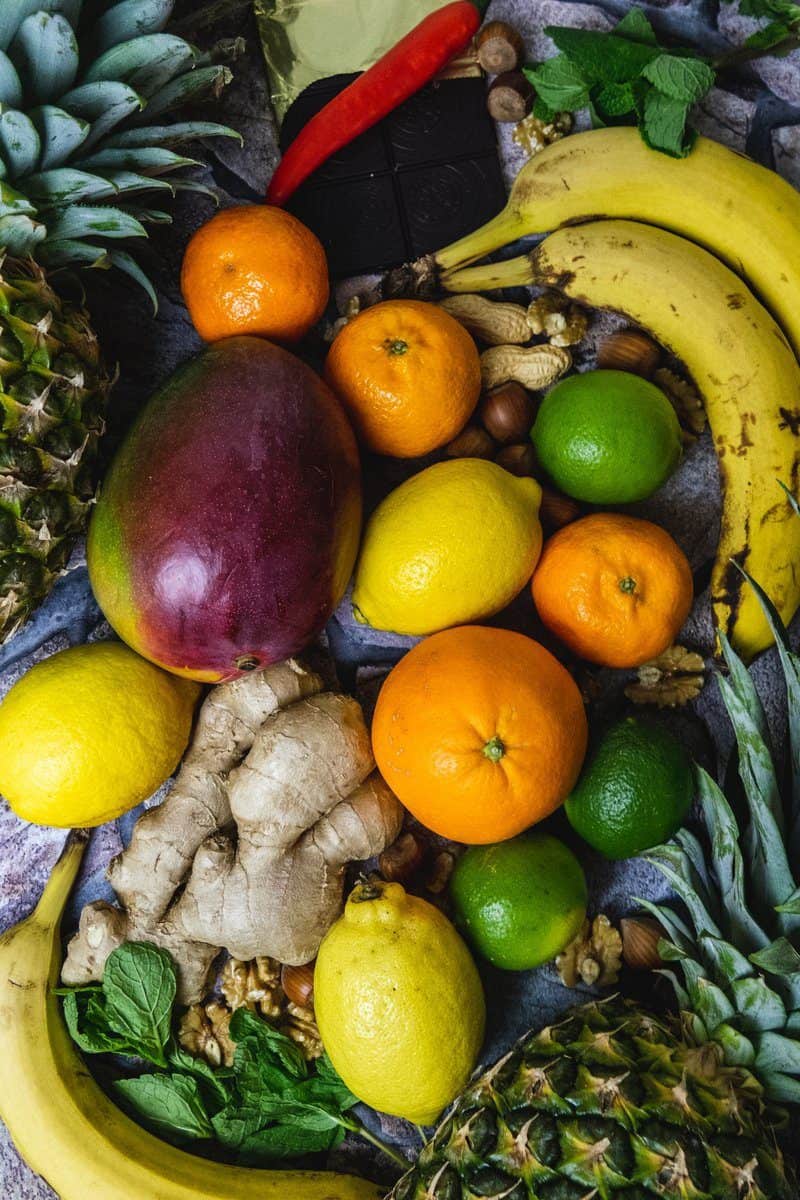
The thought process behind juicing vs. consuming the whole version of the food is that removing the fiber makes nutrient absorption easier. However, there is no scientific research that shows that consuming fruit juice is more beneficial than consuming the whole food.
Juicing removes about 90% of fiber, which is found in the skin, seeds, and pulp. Some antioxidants bind to fiber, meaning that removing fiber through juicing can actually remove some of the nutritional benefits as well.
Antioxidants, including flavonoids (which are found in fruits and vegetables) can help protect against free-radical damage. Reducing them because we are consuming the fruit in juice form is not optimal. Research shows that fiber and antioxidants can help to lower the risk of heart disease, obesity, cancer, and diabetes. Fiber can also help to promote satiety, or the sensation of feeling full. This can help to prevent overeating and feelings of hunger, effectively reducing caloric intake throughout the day.
Drinking juice may be beneficial for those who struggle to eat enough fruit and vegetables.
However, if you need to consume more fruits and vegetables, it is typically better to consume the whole version of the food.
Juicing For Cancer
One of the most extreme juicing health myths is that it has the power to prevent or even cure cancer. Many people claim that the antioxidants in juices can help to fight cancerous cells.
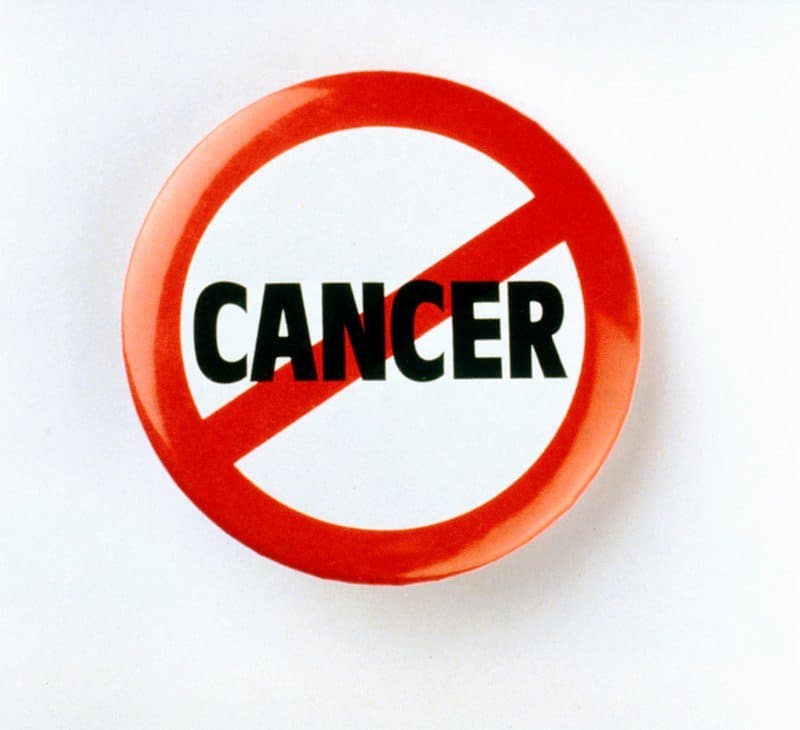
The Reality is that there is no evidence to suggest that juice can cure cancer. While antioxidants are great for the body’s overall health, they are simply part of a healthy diet. In fact, it’s usually best to get them from whole fruits rather than from juice.
Juicing is a great way to add extra nutrients to a diet, but it shouldn’t be used to replace fruit and vegetables unless absolutely necessary.
For some cancer patients, eating whole fruits and vegetables becomes difficult. They can have trouble swallowing and digesting whole fruits. In those cases, juicing is a helpful way to ensure these patients are still getting the nutrients they need.
Jucing to Help IBS
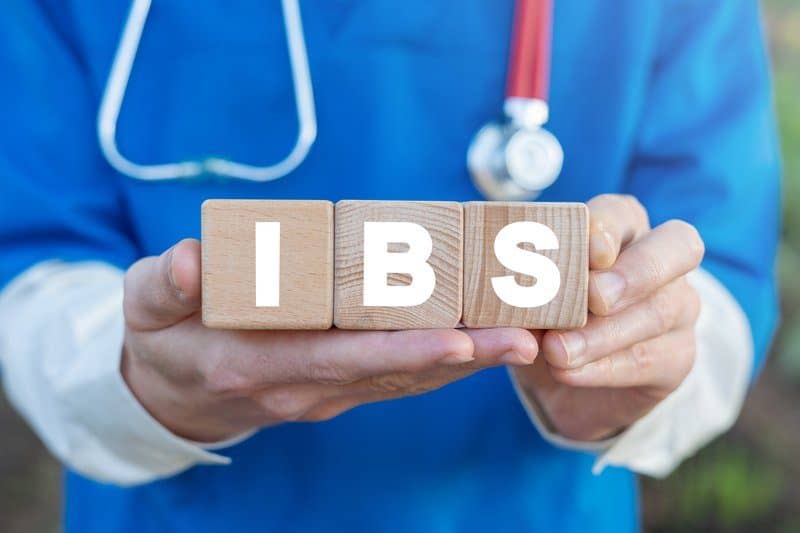
A flare-up of IBS can be very uncomfortable and even debilitating. The theory behind juicing for IBS is that the reduction in fiber may help to promote bowel rest, although there is no research to support this. . Generally, a Low Fodmap diet is prescribed for those with IBS. FODMAP stands for “fermentable, oligo-, di-, monosaccharides, and polyols”, which are a group of short-chain carbohydrates that may contribute to IBS symptoms. A low FODMAP diet is low in:
- Lactose, ie. dairy products
- Fructose in fruits such as apples, cherries, pears, and watermelon and high fructose corn syrup
- Sweeteners like honey and agave nectar as well as sugar alcohols like maltitol, isomalt, and sorbitol
- Vegetables like asparagus, broccoli, garlic, and onion
- Grains like wheat and rye
- Added fiber such as inulin
- Soy, chickpeas, lentils, and kidney beans
While there are plenty of low FODMAP fruit and vegetables such as carrots, bananas, oranges, and cucumbers; juicing them may not be a good idea as it reduces the magnesium, which can help to soften stool.
Juicing For Clear Skin
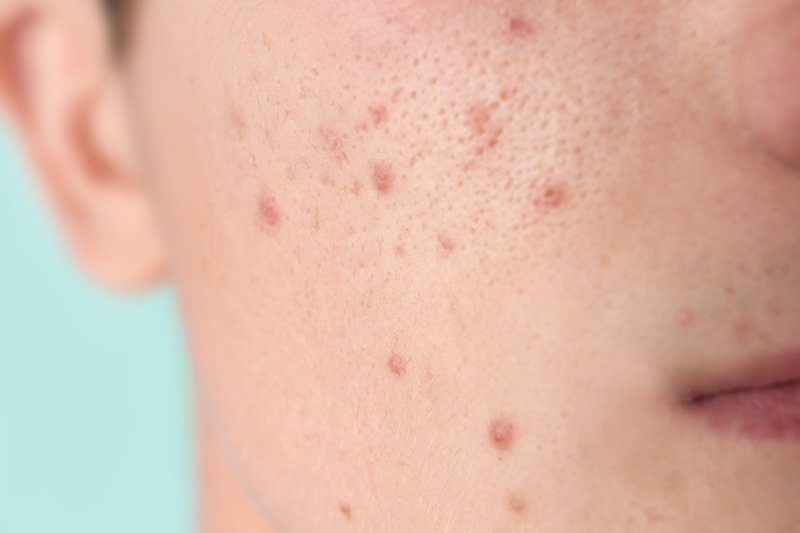
Many fans of the juice diet hope their juice will act as a liquid skin elixir. There are hundreds of recipes for juice that will give you glowing youthful, perfect skin. But do these recipes actually work?
Beauty influencers claim that including juices in their diets gives them naturally radiant complexions. They claim that juice provides the body with crucial nutrients that help the body to “flush out toxins” and build healthier skin cells. Juices might reduces pimples and other skin issues primarily because of the shift from unhealthy foods to better quality foods. If you ate the fruits instead of juicing results will be similar.
Drinking juice regularly will help provide the skin with more nutrients. However, if you are replacing solid fruits and vegetables with juice, you won’t notice any difference. If you are already eating the recommended amount of fruit and vegetables in your diet, you are already giving your skin all of the possible benefits from these nutrients anyway.
It’s also important to note that fruits and vegetables will never be magic skin-savers.
Skin ages over time, but protecting the skin from the outside with sunscreen and a solid skincare routine will help to keep it looking its best.
Juicing For Energy

Claims of superhuman energy levels from juicing are not uncommon. Many juicing fans claim that drinking juice can spare energy that the body might normally use to break down the whole version of the food.
The reality is that an extreme juice diet can in fact lead to a loss of energy. This is because of the depleted glycogen stores in the body. The body burns through these stores when it fasts, similar to those starting a Ketogenic diet. This process can result in low blood sugar which can lead to low energy, shakiness, headaches, and fatigue. It is dangerous for anyone who might have a predisposition for low blood sugar or blood pressure to begin this fast, as it might lead to development or worsening of these symptoms.
If you already suffer from low energy and you hoped juicing might help you, instead try to make sure you are eating enough fruit and vegetables in your diet.
If you are adding more nutrients to your diet, the occasional glass of juice might help boost your energy as you will be adding
sugars into the bloodstream.
Juicing For A Detox
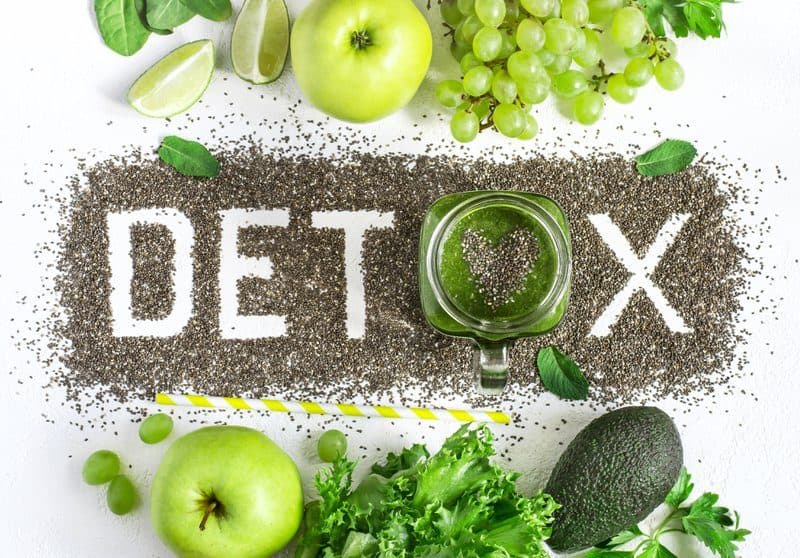
Many people are attracted to the idea of cleansing and detoxifying the body. We live in an age of air pollution, processed foods, and chemical overload – it’s unsurprising that many feel the need for a cleanse.
Celebrities and influencers alike have all proclaimed the cleansing benefits of a juice detox. But how much truth is there in their claims?
The idea behind the term ‘cleanse’ is that by limiting yourself to a diet of juice alone, the rest of the toxins built up inside the body will be released and you will be left with only natural, healthy nutrients. The truth is the human body detoxifies itself through natural processes regardless of what you eat or drink. This process occurs in the liver, kidneys, and gastrointestinal tract.
The body rejects toxins that it can’t physically process already.
There is no proof that a juice diet helps or speeds up this natural process. So, the idea that a juice cleanse after a weekend full of alcohol and fatty foods will somehow reverse the effects of what you’ve already eaten is a fiction.
Final Thoughts
While most myths of juicing are about juice’s myriad of superpowers, some myths are more negative. Because there are so many ill-founded claims out there, some people assume that juicing is a complete hoax. You’ve probably heard a few people claiming that there aren’t any proven benefits of juicing.
While many of the fantastical claims are not true, this doesn’t mean there are no health benefits.
Freshly pressed juice is one of the healthiest things you can drink. Most processed beverages have loads of added sugars and preservatives. Fresh juice only contains natural ingredients, making it an excellent alternative to water. It contains vitamins, and minerals, and can help to supplement your diet, It is great beverage! It’s is however important to remember that juice does contain fructose, which can lead to a blood sugar spike for those with Type 2 Diabetes.
But, for most people, a glass of freshly squeezed juice does not have harmful side effects.


